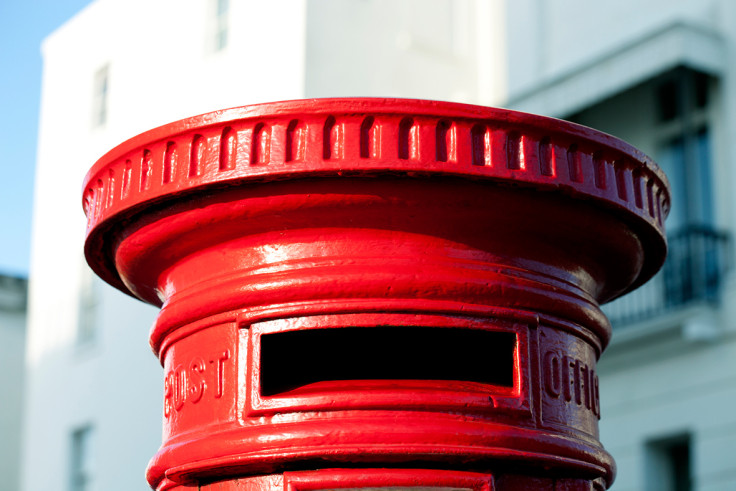Royal Mail on track to save £600m but warns of challenging conditions in the UK
Postal operator hikes total dividend 4% as full year revenue edges 1% higher.

Royal Mail hiked its full year dividend and said it remains on track to save approximately £600m in the current financial year, but warned business uncertainty in Britain hampered its main UK business.
The FTSE 100-listed company said that in the 12 months to 26 March, revenue climbed 1% year-on-year to £9.78bn ($12.7bn), while adjusted profits before tax rose from £538m to £559m. However, adjusted operating profits before transformation costs slid 6% from the corresponding period a year ago to £712m.
Royal Mail, which hiked its total dividend for the year by 4% to 23p, added net debt increased by £114m to £338m following the acquisition of US-based Golden State Overnight Delivery Services and Spanish group Agencia Servicios Mensajería.
The group's UKPIL division, which operates in the UK collecting and delivering parcels and letters through two main networks, reported a 2% drop in revenue to £7.66bn.
This was attributed to a 5% decline in total letter revenue, which was itself due to a 6% drop in the volume of total letters on the back of business uncertainty in the UK.
The decline, however, was offset by a strong performance from the company's GLS division, which delivers parcels across Europe and which saw revenue rise 9% year-on-year.
Group chief executive Moya Greene said the group performed well over the year, but she stressed investment would be reined in over the next 12 months.
"We have made good progress against all of our strategic priorities. This has been a more challenging period for UK businesses and we have come through it well.
"Our multi-year focus on costs is a key priority. We are on track to avoid around £600m of annualised costs in UKPIL by 2017-18. We are past the peak of investment; we now expect net cash investment of around £450m in 2017-18."
In November, the company said uncertainty leading up to and after the European Union referendum led to a reduction in overall UK marketing activity. On Thursday (18 May), it added the impact of overall business uncertainty in the UK on letter volumes was being felt.
Last month, Royal Mail received strong criticism from the Communication Workers' Union (CWU), after confirming its defined benefits pension scheme will be closed next year.
The postal operator, which was privatised in 2012, contributes approximately £400m a year to its pension scheme, which has 90,000 members, but warned it would have to increase its contribution to over £1bn by next year.
As a result, the FTSE 100-listed group said it had no alternatives but to close the plan, even though the pension scheme is currently in surplus.
However, the CWU criticised Royal Mail's decision, claiming its members, which include sorting and delivery staff, could lose up to a third of their future pensions.
© Copyright IBTimes 2025. All rights reserved.






















